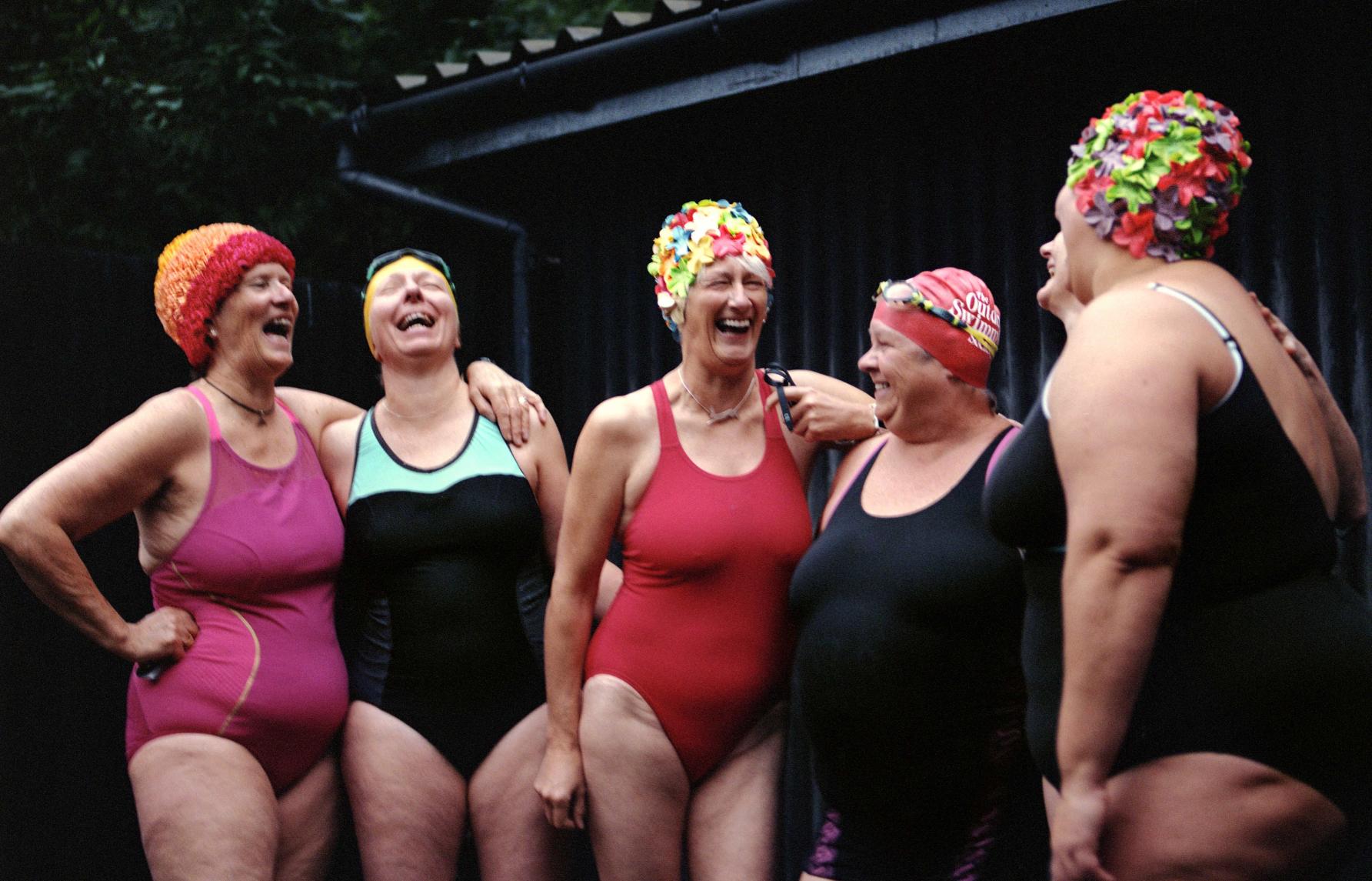The Washington Post recently asked three geriatricians how we can live our best older lives. They had seven tips.
- Learn something new
The opportunity to do this doesn’t always fall into our laps, so we might have to seek out activities that’ll fire up our brain cells.
Luckily, there’s an infinite number to choose from. And we can start small. No need to sign up for a uni degree or six months of Japanese language lessons — unless we want to.
It might be as basic as trying a new recipe each week. Or a one-off activity run by the local council.
- Say what you need
Some of us struggle to tell others what we need for fear of occurring like a burden.
And sometimes it’s hard to articulate exactly what it is that we need, but I recently heard a conversation on radio I thought was worth remembering for times like this.
A mother explained that when her teen had a problem, she asked what they needed from her. Did they need to be helped, heard, or hugged?
That could be a useful breakdown. If we’re clear on whether we need help, someone to listen, or a hug, we’re halfway there.
Then we need to consider who to ask. If we’re looking for help it’s important to ask someone who can provide it.
Hopefully, we’ll have people in our inner circle who can listen or give us a hug. If not, it’s time to make new friends, or find a good counsellor in the meantime.
- Be part of a community
Covid was a reminder that social isolation can be devastating for our health.
Communities and groups are an antidote to isolation, and they come in all shapes and sizes, from neighbourhoods and book clubs to walking groups and local dog owners.
And even though the people we encounter in this way might not be our first best friends, simply being part of something or knowing our neighbours provides connection and a level of emotional security.
Churches used to be a source of that kind of security. As well as whatever we gleaned from the weekly sermon, there was the common bond of being a member of the parish. We knew that in tough times we weren’t alone.
Churches also provided volunteering opportunities. My grandmother never learned to drive or had a job, but singing in the choir and organising flowers for the church each week gave her a sense of purpose and belonging.
Volunteering is still a great way to make connections, as is choir singing, but regardless of where we find it, this sense of belonging and community is vital to our wellbeing.
- Do things you enjoy
We probably all know an older person who’s bored. It’s a trap we can slip into if we’re not creating opportunities to learn, try new things, socialise, and so on.
If we’re lucky we might happen upon the kinds of activities that tick several boxes. For instance, tai chi in the park gets us outside, having fun, meeting new people, and improving our balance and mobility at the same time.
- Prioritise your health
You’ve heard it too many times to count but it’s worth saying again: health is precious. Treat it with respect.
Having a chronic illness is no reason to give up on that. On the contrary, in that situation, our challenge is to take the best possible care of our health.
That means making the effort to eat well, exercising — ideally, in line with recommendations for healthy ageing, drinking enough water, getting the best sleep we can, and managing stress.
- Talk to your doctors about your medications
Our bodies change over time, so a medication that suited us at one point may not be the best option at another.
Ideally, your GP or specialist will monitor this, but that doesn’t always happen. If it doesn’t, at least every year check in with them as to whether you still need to be taking the same medications in the same doses.
I’ve known people who for some reason ended up in hospital where the pharmacist instigated a review of their medications because no one had done that for eons.
- Plan ahead
Few of us have much idea of what’s in our future, but it’s a mistake not to think about it.
Part of planning for old age is deciding what we want it to look like. For example, if we want to travel, garden, or even just live independently, we need to exercise to have the capacity to do those things.
If we want to have plenty of energy we need to eat well.
We can also ensure documents like Advance Health Directives are in place and we’ve had conversations with the people closest to us about our wishes.
Other aspects of planning might include where to live and whether to downsize, as well as wills and finances.
Much of it will probably change as life changes, but it’s important to keep talking about and acting on our wants and needs.
In summary, the geriatricians’ take on ageing well comes down to a focus on relationships, physical and mental health, and planning.
Of course, none of it happens by accident. It takes thought and action on our part, and the sooner the better. If their list of seven tips highlights areas you can see deserve attention, now is a good time to start.
Photo Source: Getty images

